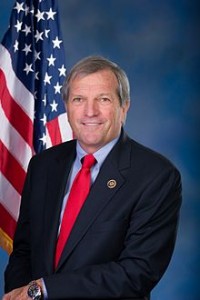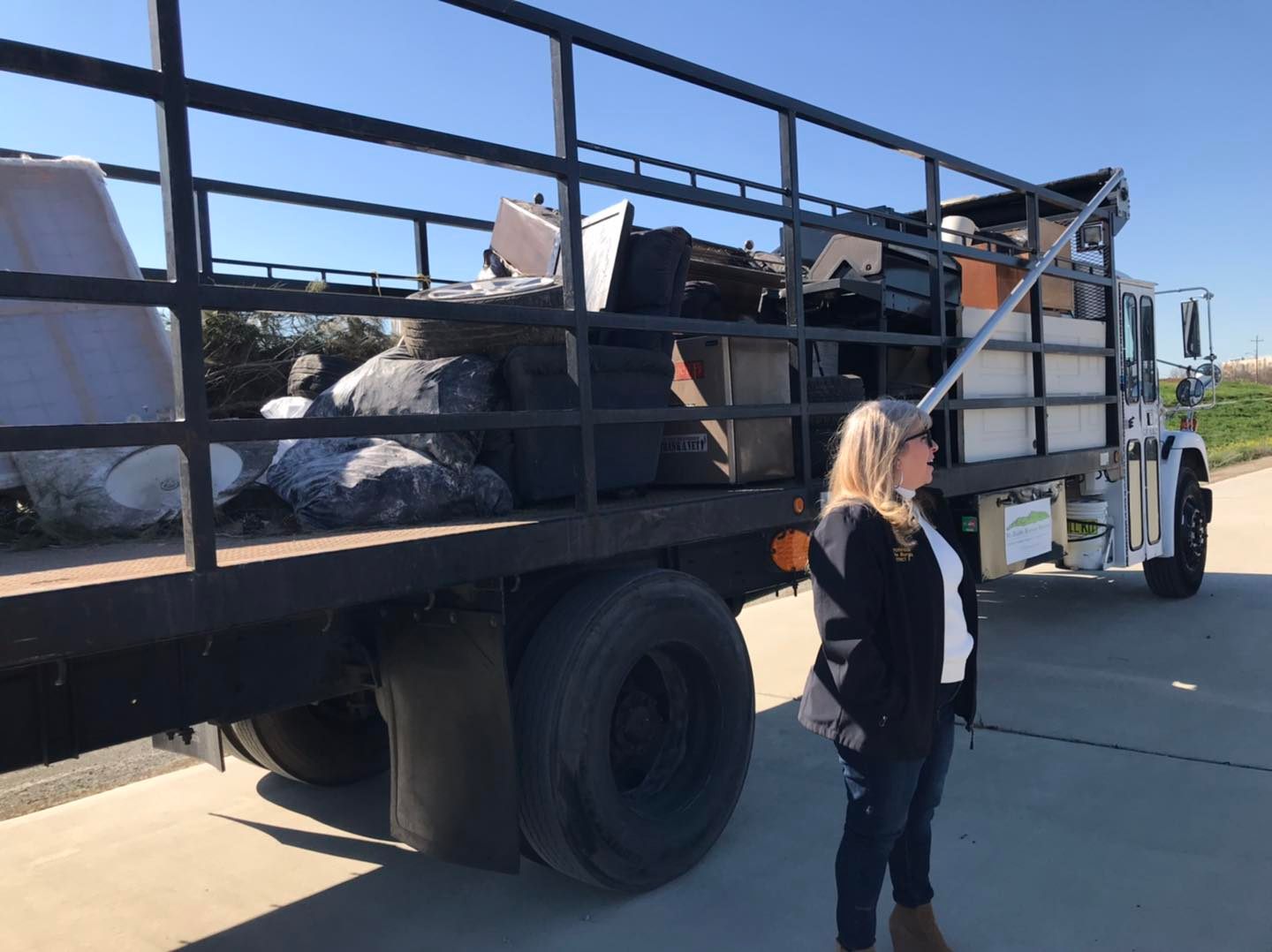State taxpayers association warns of two tax impacting bills in CA legislature
Monday, August 21st, 2023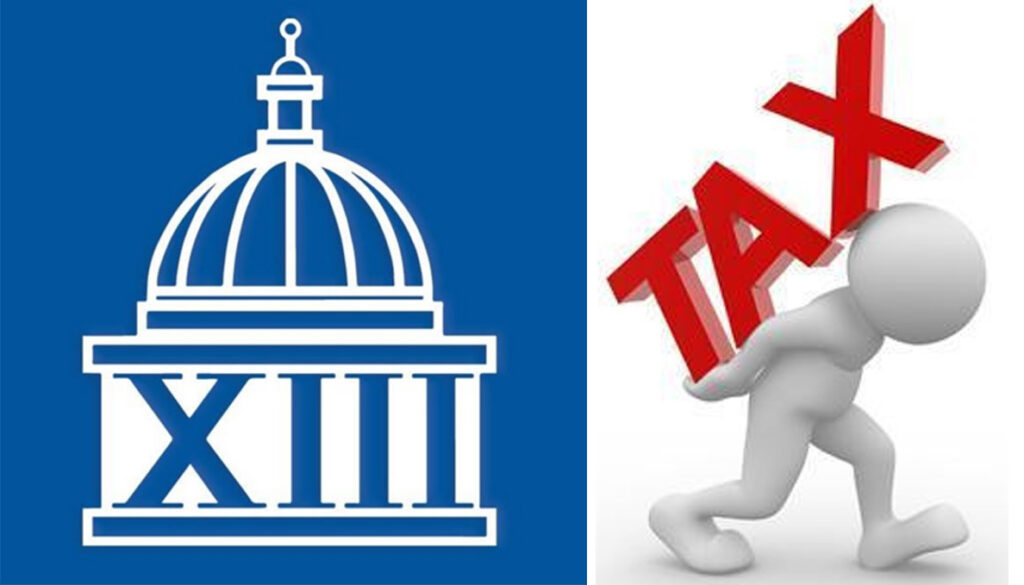
Urges voters, taxpayers to call the Capitol to protect Prop 13, see committee members phone numbers below
ACA 1 would make it easier to raise local special taxes by removing the Prop. 13 taxpayer protection of the two-thirds vote of the electorate required to pass
ACA 13 was just introduced last week as a devious attempt to stop the Taxpayer Protection and Government Accountability Act from passing when it’s on the ballot in Nov. 2024.

By Jon Coupal
Prior to the successful passage of Proposition 13 in 1978, Howard Jarvis tried several times to bring property tax relief to beleaguered California homeowners. While coming close, it wasn’t until 1978 when voters overwhelmingly passed Proposition 13 over the opposition of virtually every political institution and newspaper in California.
As they say, timing is everything. What changed the political dynamic so abruptly in 1978 was the fact that thousands of California homeowners were being taxed out of their homes. That also explains why, to this day, Proposition 13 retains its popularity even as the state has become more “progressive.”
Last week there were two competing press events over Assembly Constitutional Amendment 1 (ACA 1), a proposal that would erase part of Proposition 13. As the head of the Howard Jarvis Taxpayers Association, I was joined at a news conference on the Capitol’s west steps on Wednesday by several legislators who have unequivocally expressed their continued support for Proposition 13 and opposition to ACA 1. Also present were several representatives of other taxpayer groups as well as business organizations suffering under California’s excessive tax burdens.
ACA 1 is a direct attack on Proposition 13 because it would cut the vote threshold needed to pass local special taxes, dropping it from the current two-thirds vote required by Proposition 13 to only 55%. That change would make it easier for local governments to raise taxes.
Since Proposition 13 was enacted in 1978, voters have continued to support the important two-thirds vote protection. That support was reaffirmed with the passage of pro-taxpayer initiatives in 1986, 1996 and 2010.
Many people may not know that the two-thirds vote requirement did not originate in 1978. It has been in the California Constitution since 1879! For more than a century, local property owners have been protected against excessive bond debt by the requirement that local bonds – repaid only by property owners – need a two-thirds vote of the local electorate.
ACA 1 repeals the two-thirds vote protection for tax increases to support “infrastructure,” a term so expansive that local governments would be able to raise taxes for almost any purpose with a vote of just 55% of the electorate. This is a hatchet that chops away at the taxpayer protections in Proposition 13.
ACA 1 proponents are aware of Prop. 13’s enduring popularity, so not once in their over one-hour press event did they mention Proposition 13 by name. Instead, they talked about “protecting democracy,” “local control,” and taking on “right-wing interests.” (Are Californians “right wing” for wanting to keep their home instead of being taxed out of it?) Nor did the supporters of ACA 1 provide any specific example of exactly what lowering the two-thirds vote would purchase, other than to claim that it was essential to address California’s dual crises of housing and homelessness.
Opponents of ACA 1 have noted that making it easier to raise taxes makes no sense in one of the highest taxed states in America. No other state comes close to California’s 13.3% top marginal income tax rate, and we also have the highest state sales tax in America as well as the highest gas tax, not to mention gas prices. And even with Prop. 13, we rank 14th out of 50 states in per capita property tax collections. Californians pay enough.
This is a critical time. As of this writing, ACA 1 has cleared one legislative committee and may be heard by the full Assembly as early as this week. However, its main proponent, Assemblymember Cecilia Aguiar-Curry, admitted at her press conference that she didn’t quite have the votes yet. For that reason, the time is now for all defenders of Proposition 13 and advocates for limited taxation to contact their Assembly representatives and let them know that a vote for ACA 1 is a vote against Proposition 13.
This issue is so important to the Howard Jarvis Taxpayers Association that we will withhold our endorsement from any current legislator who fails to vote no on ACA 1.
Committee Hearings this Week, Taxpayers Urged to Call the Capitol
Your immediate help is needed to fight against two proposed constitutional amendments moving fast through the state Assembly. Both of these measures are attacks on PROPOSITION 13. We’re asking all HJTA members and supporters to please call the members of two committees that will be hearing these bills on Wednesday. Please call as soon as possible! Here’s all the information:
NO on ACA 1 – Hearing date: Wednesday, 8/23, Assembly Appropriations Committee
ACA 1 is a direct attack on Proposition 13 that would remove the taxpayer protection of the two-thirds vote of the electorate required to pass local special taxes. If this measure is enacted, local taxes and bonds for “infrastructure” (nearly everything) and public housing projects would pass with just 55% of the vote instead of 66.67%. This makes it easier to raise taxes, and your taxes could go up after every election.
Please call the members of the Assembly Appropriations Committee and urge a NO vote on ACA 1:
Chris Holden (Chair) – (916) 319-2041
Megan Dahle (Vice Chair) – (916) 319-2001
Isaac Bryan – (916) 319-2055
Lisa Calderon – (916) 319-2056
Wendy Carrillo – (916) 319-2052
Diane Dixon – (916) 319-2072 (Please thank Assemblywoman Dixon for opposing ACA 1)
Mike Fong – (916) 319-2049
Gregg Hart – (916) 319-2037
Josh Lowenthal – (916) 319-2069
Devon Mathis – (916) 319-2033 (Please thank Assemblyman Mathis for opposing ACA 1)
Diane Papan – (916) 319-2021
Gail Pellerin – (916) 319-2028
Kate A. Sanchez – (916) 319-2071
Esmeralda Soria – (916) 319-2027
Akilah Weber, M.D. – (916) 319-2079
Lori Wilson – (916) 319-2011 – Represents portions of Eastern Contra Costa County
NO on ACA13 – Hearing date: Wednesday, 8/23, Assembly Elections Committee
ACA 13 was just introduced last week as a devious attempt to stop the Taxpayer Protection and Government Accountability Act from passing when it’s on the ballot in November 2024. The Taxpayer Protection and Government Accountability Act is our initiative constitutional amendment that will restore the Proposition 13 protections that have been eroded by the courts.
Some of the measure’s key provisions include:
- Require all new taxes passed by the Legislature to be approved by voters
- Restore two-thirds voter approval for all new local special tax increases
- Clearly define what is a tax or fee
- Require truthful descriptions of new tax proposals
- Hold politicians accountable by requiring them to clearly identify how revenue will be spent before any tax or fee is enacted
But ACA 13 would create special rules that make it harder to pass citizen initiatives like this one. If ACA 13 is enacted, the Taxpayer Protection and Government Accountability Act would require a two-thirds vote to pass, instead of the simple majority vote that has been required for all other constitutional amendments since 1849!
Please call the members of the Assembly Elections Committee and urge a NO vote on ACA 13:
Gail Pellerin (Chair) – (916) 319-2028
Tom Lackey (Vice Chair) – (916) 319-2034
Steve Bennett – (916) 319-2038
Bill Essayli – (916) 319-2063
Alex Lee – (916) 319-2024
Evan Low – (916) 319-2026
Blanca Rubio – (916) 319-2048
Please also call your own state representatives and urge them to vote NO on ACA 1 and NO on ACA 13. You can look up their names and contact information at findyourrep.legislature.ca.gov.
Thank you for your help in this critical fight to protect Proposition 13. We greatly appreciate you!
Jon Coupal is president of the Howard Jarvis Taxpayers Association.











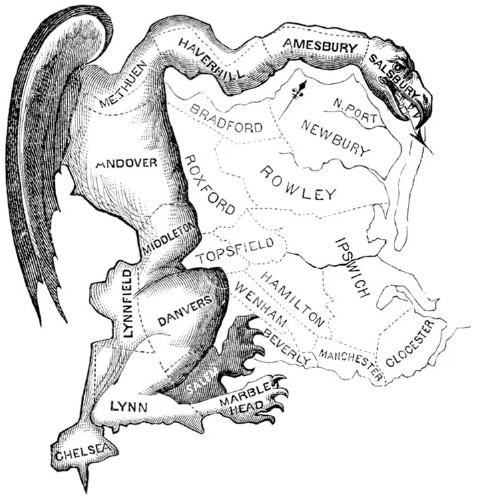
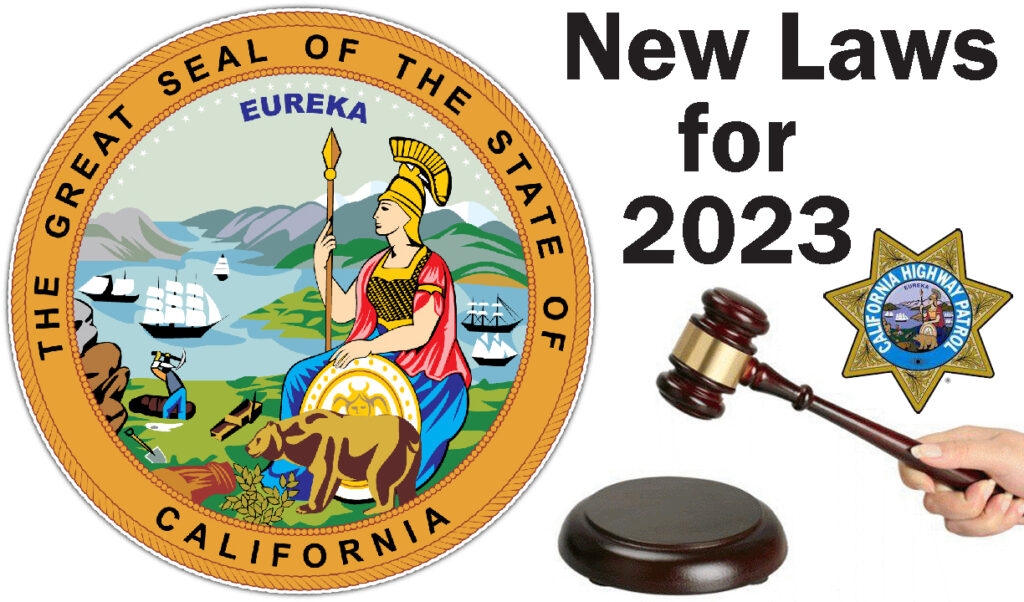
 By Timothy Lee
By Timothy Lee